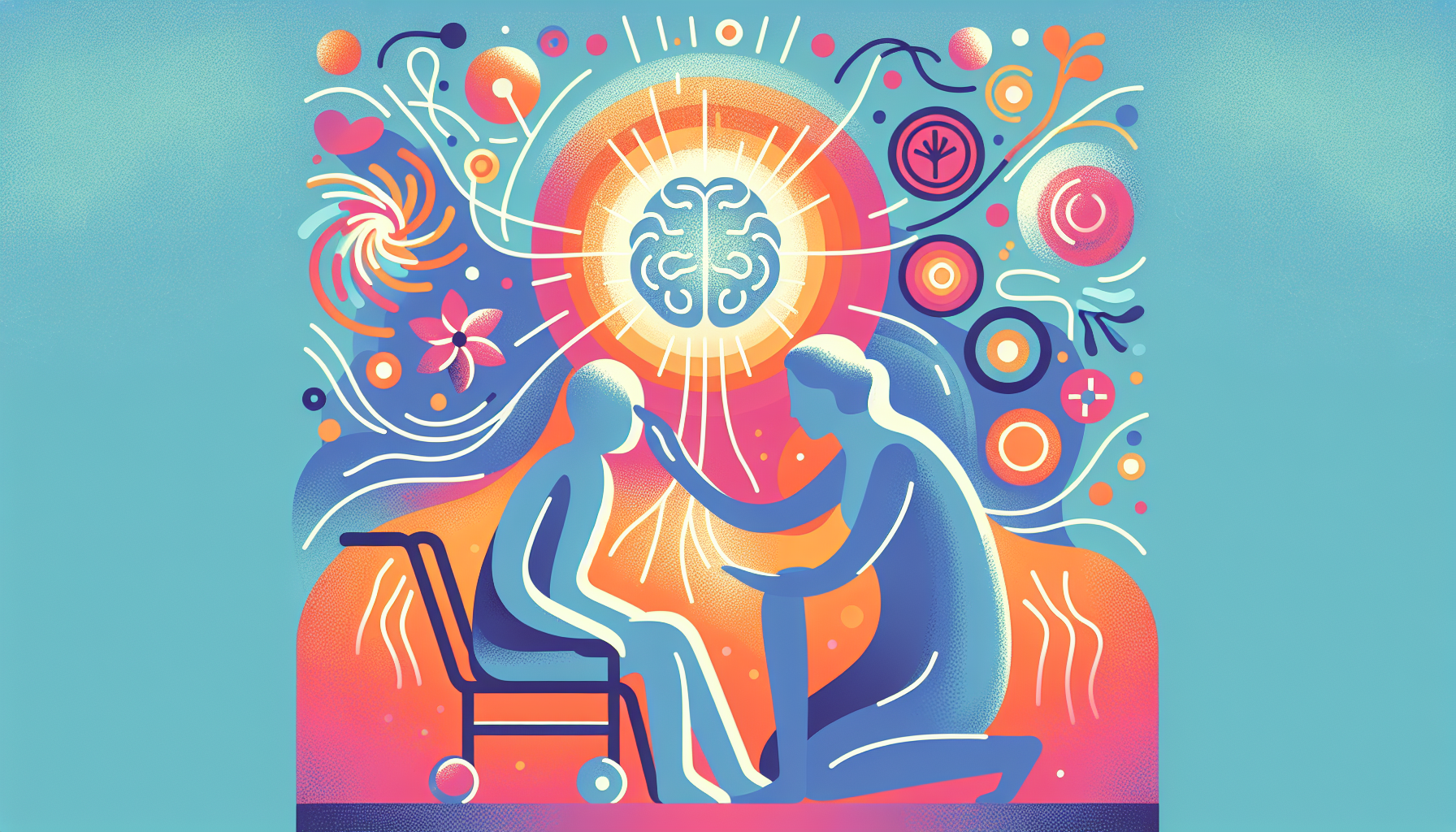Multifocal motor neuropathy (MMN) is a rare autoimmune disease that affects the motor nerves in your body. These nerves control your muscles, and when affected by MMN, they have difficulty sending electrical signals to move your body. This can lead to weakness, twitching, and cramping in your hands and arms.
Symptoms of MMN
The most common symptoms of MMN include:
Muscle weakness, particularly in the hands and lower arms
Cramping or twitching muscles that you can't control
Symptoms that are more severe on one side of the body
Gradual worsening of symptoms over time
It's important to note that MMN is not painful, and you will still have sensation in your hands and arms because the sensory nerves are not affected.
Diagnosing MMN
Diagnosing MMN can be challenging, as it is often mistaken for other conditions like amyotrophic lateral sclerosis (ALS). To diagnose MMN, your doctor may refer you to a neurologist who specializes in treating neuromuscular disorders. The diagnostic process may include:
A physical exam and discussion of your symptoms
Nerve conduction studies (NCS) to measure the speed of electrical signals through your nerves
Needle electromyography (EMG) to assess the electrical activity in your muscles
Blood tests to look for GM1 antibodies, which are often elevated in people with MMN
Treatment Options for MMN
If your symptoms are mild, you may not require treatment. However, for those who need treatment, the most common option is intravenous immunoglobulin (IVIg). This medication is administered directly into a vein through an IV, usually in a doctor's office or at home. IVIg treatment leads to improving muscle strength within 3 to 6 weeks, but the effects wear off over time, requiring repeated treatments.
In some cases, if IVIg is not effective, your doctor may prescribe cyclophosphamide (Cytoxan), a drug also used to treat certain types of cancer. This medication works by suppressing the immune system but can have significant side effects.
Living with MMN
Early treatment of MMN can help minimize symptoms and long-term problems. It's essential to follow your treatment plan and communicate any changes in your condition to your doctor. Occupational or physical therapy can help you maintain muscle strength and adapt to daily tasks if your muscles are affected.
Many people with MMN can continue most of their normal activities, although the disease can progress and limit daily tasks for some individuals. The impact of MMN depends on which muscles are affected and the severity of the condition.
Finding Support
Living with a rare condition like MMN can be challenging, but there are organizations that provide support and information. Consider visiting the websites of the Neuropathy Action Foundation, the Neuropathy Association, or the GBS-CIDP Foundation International to learn more and connect with others who have MMN.



